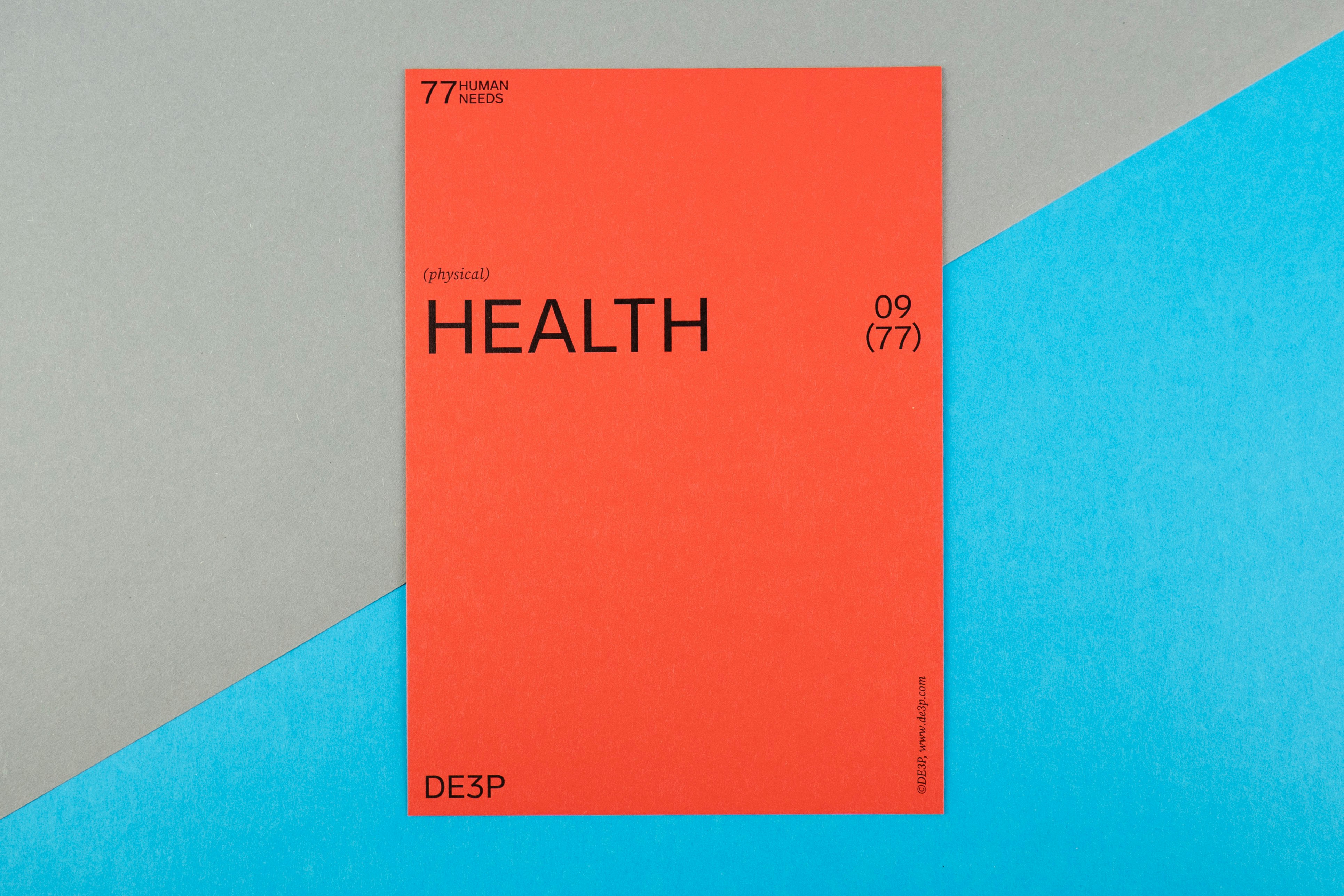
What is Commercial Health Insurance?
Commercial health insurance refers to the various insurance plans offered by private companies that provide coverage for healthcare expenses. Unlike government-sponsored programs such as Medicare and Medicaid, which are funded and administered by the government, commercial health insurance plans are typically purchased by individuals or provided as part of an employer-sponsored benefits package. These plans are designed to help individuals manage the financial risks associated with medical expenses by covering a portion of the costs incurred for treatments, hospital stays, and preventive care.
One of the key distinctions of commercial health insurance is its structure. Private insurers offer a range of health plans, which can vary significantly in terms of coverage, premiums, deductibles, and provider networks. Common types of commercial health insurance include Health Maintenance Organizations (HMOs), Preferred Provider Organizations (PPOs), and Exclusive Provider Organizations (EPOs). Each plan type has different rules regarding how members access care and where they can receive services, which can impact the overall costs associated with care.
Additionally, commercial health insurance plans often include a wide variety of coverage options, allowing individuals to choose policies tailored to their unique healthcare needs. Many plans may cover essential health benefits, such as maternity and newborn care, mental health services, and prescription drug coverage. The flexibility in plan design allows individuals to select their level of coverage, leading to varying costs depending on the chosen plan. For many individuals, especially those who do not qualify for government programs, commercial health insurance serves as a vital means of securing financial protection against unforeseen medical expenses, ensuring access to necessary healthcare services.
Differences Between Private Health Plans and Government Insurance
When considering health insurance options, it is essential to understand the distinctions between private health plans and government insurance programs. One of the primary differences lies in eligibility. Private health plans are typically available to individuals and families who can afford to pay premiums directly to insurance providers. Conversely, government insurance programs, such as Medicare and Medicaid, often have specific eligibility criteria based on factors such as age, income, and disability status.
The enrollment processes for these two types of insurance also differ significantly. Private health plans may offer rolling enrollment throughout the year, allowing individuals to select or change their coverage as desired. In contrast, government insurance programs often have fixed enrollment periods, making it crucial for eligible applicants to pay attention to these timelines to avoid lapses in coverage.
Plan flexibility is another area where private health plans typically excel. Consumers can choose from a variety of options and tailor their coverage based on specific needs and preferences. Additionally, private plans may offer a broader network of healthcare providers, providing more choices for consumers. On the other hand, government insurance programs may offer more limited options in terms of plan providers and treatment choices.
Moreover, coverage limits are a critical factor distinguishing the two insurance types. Private health plans may provide extensive benefits, including various elective procedures and specialized care, often at a higher cost. Government programs usually focus on essential health benefits and may impose stricter limits on certain services. Consequently, individuals may encounter caps on coverage under government insurance, a concern less prevalent in many commercial health insurance plans.
Lastly, premium costs can vary widely between the two categories. Private health plans generally charge higher premiums relative to government insurance, which is often subsidized and may offer reduced costs for low-income individuals. Understanding these differences can help consumers make informed decisions regarding their health insurance options, whether they lean towards commercial health insurance or government programs.
What Does Commercial Health Insurance Cover?
Commercial health insurance plans are designed to provide a broad range of coverage, ensuring policyholders have access to necessary medical services. One of the primary categories encompassed in these plans includes essential health benefits, which typically cover hospitalization services, outpatient care, preventive services, prescription drugs, and mental health services. These core benefits are critical as they support individuals in maintaining their health and managing illnesses effectively.
Hospitalization coverage is vital, as it includes expenses related to inpatient stays in medical facilities, including surgeries, emergencies, and routine healthcare needs that cannot be managed on an outpatient basis. Outpatient care, on the other hand, refers to services such as doctor visits, outpatient surgeries, and diagnostic tests, allowing individuals to receive necessary treatments without the need for hospitalization.
Preventive services are another essential component, with most plans covering routine check-ups, immunizations, and screening tests at no cost to the insured. Additionally, coverage for prescription drugs ensures that individuals have access to necessary medications, which is critical for those managing chronic conditions or acute illnesses.
Mental health services are increasingly recognized as a fundamental aspect of health care, with many commercial plans providing coverage for therapy, counseling, and substance use disorder treatment. Understanding the mental health benefits included in a policy is crucial for ensuring comprehensive care.
Beyond these essential health benefits, some commercial health insurance plans may offer additional perks, such as wellness programs to promote healthier lifestyles and telehealth services that allow patients to consult with healthcare providers remotely. It is equally important for policyholders to familiarize themselves with their specific insurance policy details, including co-pays, deductibles, and out-of-pocket maximums. This knowledge empowers individuals to make informed healthcare decisions while effectively managing their expenses.
Who Should Consider Commercial Health Insurance?
Commercial health insurance can be a crucial aspect of healthcare planning for various demographics. Individuals and families facing different life situations may find private health plans particularly advantageous. One primary group includes self-employed individuals who often lack employer-sponsored coverage. In such cases, acquiring commercial health insurance ensures they have access to essential healthcare services, which can be critical in maintaining their business and personal well-being.
Moreover, individuals who do not qualify for government assistance programs, such as Medicaid or Medicare, also stand to benefit from commercial health insurance. These individuals typically fall into the middle-income bracket, making them ineligible for government subsidies yet unable to afford the often high costs associated with out-of-pocket healthcare. For these individuals, purchasing a private health plan can provide not only peace of mind but also access to a broader range of healthcare providers and specialists.
Families, particularly those with children, are another demographic that may find commercial health insurance invaluable. As children grow, they require regular check-ups, vaccinations, and potential specialist visits. A comprehensive private health plan can cover these essential services, ensuring that children receive timely medical care. Additionally, families with unique health needs—such as chronic conditions or disabilities—may require specialized care that falls outside the scope of standard government programs. Commercial health insurance offers more flexibility and tailored options to meet these specific requirements.
Lastly, individuals approaching retirement who are seeking to bridge the gap between employer-sponsored insurance and Medicare may also consider commercial health insurance. This coverage can serve as an important transition tool, allowing for a more seamless healthcare experience. In conclusion, assessing one’s income, employment status, family size, and specific health needs can help determine whether acquiring commercial health insurance would be beneficial.
